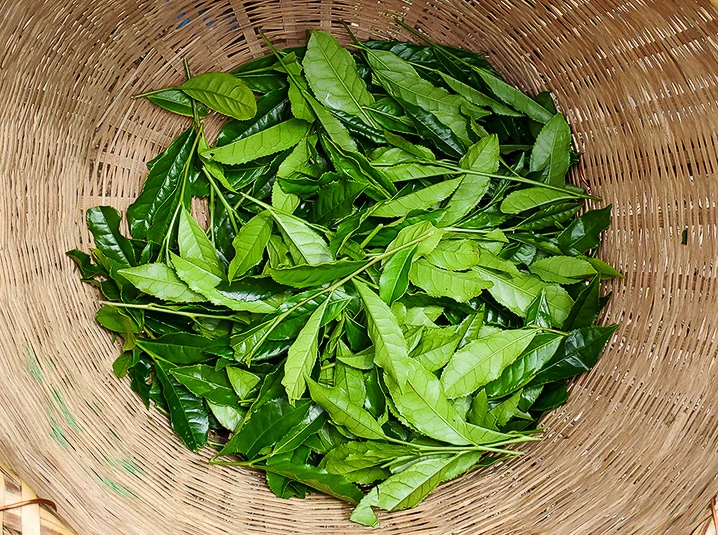Tea farmers in Uganda especially in Tooro sub-region are grappling with low tea prices, despite a recent national price increase. Although the average price of Ugandan tea at the Mombasa Tea Auction rose to $0.98 per kilogramme in September 2024, tea from Tooro has struggled to surpass the $1 mark.
Summary:
- Labour shortage affecting large-scale tea plantations in Tooro leaves the production in balance threatening consistency in output.
- Green tea leaf prices plummeting to between Shs150 to Shs200, many farmers are choosing to abandon their tea gardens.
This is in stark contrast to other tea-producing regions in Uganda, such as Ankole and Kigezi, where tea consistently sells for more than a dollar per kilogramme something that puts the Tea Farmers in Uganda at stake.
Several factors contribute to the low tea prices in Tooro. One significant issue is the low quality of tea leaves sourced from growers in the region. This is compounded by a labour shortage affecting large-scale tea plantations in Tooro.
Consequently, out of the nine tea factories in the Tooro sub-region, only three managed to sell their processed tea above the dollar mark at the latest Mombasa Tea Auction. The remaining six factories sold their tea below the dollar mark, with prices ranging from $0.63 to $0.98 per kilogram.
The low tea prices have had a devastating impact on Tooro’s farmers, many of whom depend on tea as their primary source of income. With green tea leaf prices plummeting to between Shs150 to Shs200, many farmers are choosing to abandon their tea gardens.
Some farmers have resorted to uprooting their tea plants entirely, while others have left their gardens to be overtaken by weeds. In an attempt to survive, many farmers are turning to alternative crops that offer better returns.
Some are intercropping their tea bushes with crops like beans, maize, cassava and coffee, while others are replacing their tea plants altogether with bananas. Industry experts believe that government intervention is necessary to improve the competitiveness of Ugandan tea and alleviate the plight of struggling farmers.
Onesimus Matsiko, chairperson of the Uganda Tea Outgrowers Association (UTOA), suggests that government subsidies for fertilizers and stricter quality control regulations could significantly improve the quality of Ugandan tea.
Matsiko also highlights the need for government intervention in addressing the low green leaf farm gate prices, which have left farmers struggling to make ends meet. However, there are concerns that even with government intervention, the future of tea production in the Tooro sub-region remains uncertain.
MORE: Teachers Call for Government Scholarships to Meet Degree Mandate
The significant drop in processed tea volumes at the recent Mombasa Tea Auction, coupled with the increasing number of factories opting for direct exports, raises concerns about the long-term viability of tea farming in the region.

